5 Books similar to A Spell of Winter
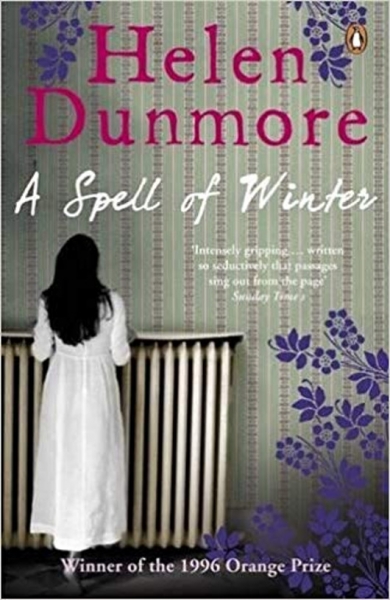
This is the first in a series of our 'Books Similar to...' series designed to help you find your next great read.
A Spell of Winter
By Amy EngelPreface: Catherine and her brother, Rob, have been abandoned by their parents. Trapped in their grandfather's house they create a refuge against their family's dark secrets, and against the threat of the First World War. As time passes, their sibling love deepens and crosses into forbidden territory. But they are not as alone in the house as they believe . . .



The Roanoke Girls
By Amy EngelPreface: Lane Roanoke is fifteen when she comes to live with her grandparents and fireball cousin at the Roanoke family's rural estate following the suicide of her mother. Over one long, hot summer, Lane experiences the benefits of being one of the rich and beautiful Roanoke girls.
But what she doesn't know is being a Roanoke girl carries a terrible legacy: either the girls run, or they die. For there is darkness at the heart of Roanoke, and when Lane discovers its insidious pull, she must make her choice…



The Cement Garden
By Ian McEwanPreface: Four children – Jack, Julie, Sue and Tom – find themselves abruptly orphaned. All the routines of childhood are cast aside as the children adapt to a parentless world. Alone in the house together, the children’s lives twist into something unrecognisable as the outside begins to bear down on them.



Jane Eyre
By Charlotte BrontePreface: Charlotte Brontë's first published novel, Jane Eyre was immediately recognised as a work of genius when it appeared in 1847. Orphaned into the household of her Aunt Reed at Gateshead, subject to the cruel regime at Lowood charity school, Jane Eyre nonetheless emerges unbroken in spirit and integrity. How she takes up the post of governess at Thornfield Hall, meets and loves Mr Rochester and discovers the impediment to their lawful marriage are elements in a story that transcends melodrama to portray a woman's passionate search for a wider and richer life than that traditionally accorded to her sex in Victorian society.



The Yellow Wallpaper
By Charlotte Perkins GilmorePreface: Presented in the first person, the story is a collection of journal entries written by a woman whose physician husband (John) has rented an old mansion for the summer. Foregoing other rooms in the house, the couple moves into the upstairs nursery. As a form of treatment she is forbidden from working, and is encouraged to eat well and get plenty of exercise and air, so she can recuperate from what he calls a "temporary nervous depression - a slight hysterical tendency", a diagnosis common to women in that period. She hides her journal from her husband and his sister the housekeeper, fearful of being reproached for overworking herself. The room's windows are barred to prevent children from climbing through them, and there is a gate across the top of the stairs, though she and her husband have access to the rest of the house and its adjoining estate.
The story depicts the effect of under-stimulation on the narrator's mental health and her descent into psychosis. With nothing to stimulate her, she becomes obsessed by the pattern and color of the wallpaper. "It is the strangest yellow, that wall-paper! It makes me think of all the yellow things I ever saw - not beautiful ones like buttercups, but old foul, bad yellow things. But there is something else about that paper - the smell! ... The only thing I can think of that it is like is the color of the paper! A yellow smell." . .



Half of a Yellow Sun
By Chimamanda Ngozi AdichiePreface: Ugwu, a boy from a poor village, works as a houseboy for a university professor. Olanna, a young woman, has abandoned her life of privilege in Lagos to live with her charismatic new lover, the professor. And Richard, a shy English writer, is in thrall to Olanna’s enigmatic twin sister. As the horrific Biafran War engulfs them, they are thrown together and pulled apart in ways they had never imagined.
Chimamanda Ngozi Adichie’s masterpiece, winner of the Orange Prize for Fiction, is a novel about Africa in a wider sense: about the end of colonialism, ethnic allegiances, class and race – and about the ways in which love can complicate all of these things.



Read & Shared 223 Times.
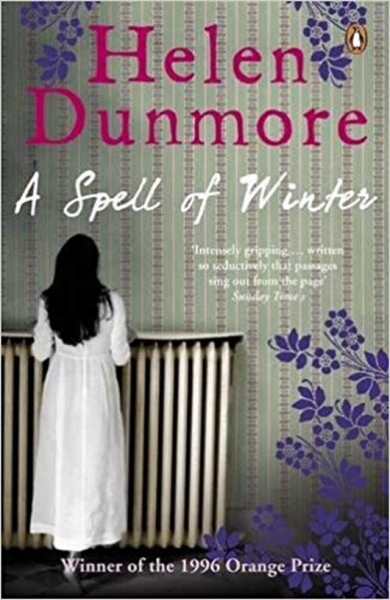



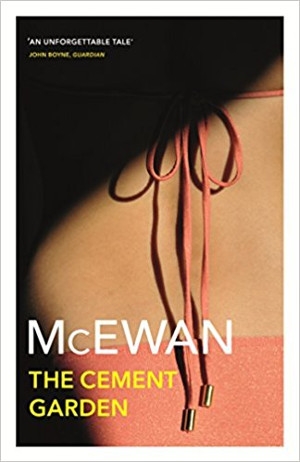

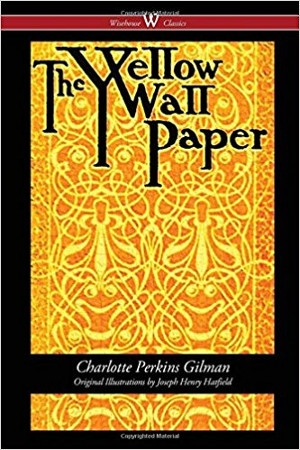
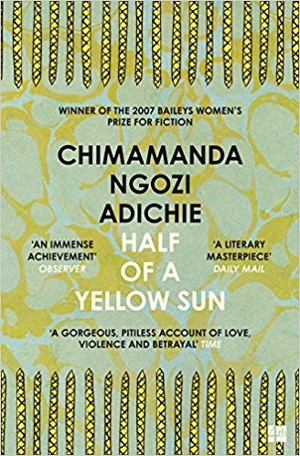



Get In Touch
Please feel free to leave a comment to this article below.
If you run a blog and/or have posted an article which you think expands or improves on the subjects covered on this page, you can always add a trackback to it here and following moderation we'll add a link to it below.